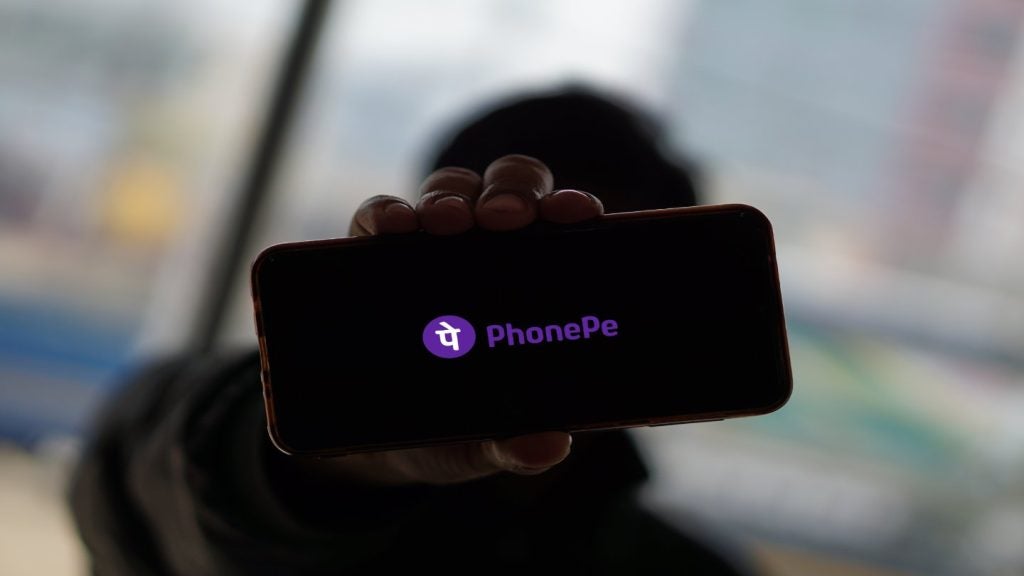African Bank took a huge step in 2016 by restructuring and relaunching itself. Now, it is set to move from its traditional lending structure – including credit cards – into one that more resembles retail banking. Patrick Brusnahan writes
On 4 April 2016, African Bank opened its doors as a new firm. It is now the seventh-largest bank in South Africa in terms of assets.

Access deeper industry intelligence
Experience unmatched clarity with a single platform that combines unique data, AI, and human expertise.
Operating profit before tax for the second half of 2017 is up 67% on the comparable period in 2016. By the end of its 2017 fiscal year it had serviced 1.16 million customers and had a net promoter score of 35, over double its score for the year previous.
Now, it is looking to get into transactional or retail banking, as well as its lending products. Vere Millican, group executive – credit at African Bank, is positive in the outlook for the bank, despite such big changes. Speaking to CI, he says: “We reported good profit growth in the 2017 financial year.
From a strategic point of view, I think a number of components are on their way. We are now going to launch transactional banking to become a fully fledged retail bank.
“Historically, African Bank predominantly played in the lending area. The transactional bank has been launched internally with our staff, and we’ve had good take-up. A lot of our staff have moved their salaries into their transactional accounts with us. We did this to make sure all teething issues could be dealt with internally before going to the public. That is our biggest strategic play at the moment.”

US Tariffs are shifting - will you react or anticipate?
Don’t let policy changes catch you off guard. Stay proactive with real-time data and expert analysis.
By GlobalData
Decision making
A big change for African Bank was adapting its decision-making process. For that, it needed third party FICO. After adopting FICO’s Blaze Advisor decision rulesmanagement system, strategies were launched 35% faster and at 25% lower cost. However, that was just the first test.
Now, Millican believes it is “close to double those numbers, especially in terms of speed”. African Bank looked for someone to work with after realising it was “inflexible from a change perspective”.
The South Africa-based firm approached various vendors such as Experian, but FICO won it over. Millican explains:
“Firstly, Blaze Advisor, as an architecturally sound piece of software, was far superior to us, and it met our needs.
“Secondly, from the start we were not treated like another client. They took the time out to listen, and there was never a huge sales pitch. That’s when you start building trust, when they treat you as a partner rather than a client. We’ve received a massive amount of support from FICO to deliver this product. It was just superior to any other engagement I’ve had with a third-party system supplier.”
Credit cards
On the changes to African Bank, Millican says: “We’ve become a more data-centric organisation and that forms part of our strategy going into 2019 and 2020. That’s a digital and data play. A lot of what of what we’ve built from a transactional perspective is around digital.”
Credit cards currently hold about 5% of African Bank’s business today, and with the move to retail banking, they will grow in stature within the bank.
“Once we go transactional, credit cards will play a role in our strategic roll-out of products linked to the credit card itself,” Millican explains.
Will another traditional form of distribution play a part? African Bank currently holds 388 branches in South Africa, but plans to “keep that level”.
Millican notes: “We are driving a digital bank and that is our strategy, both to meet the needs of the clients we can’t reach with a physical footprint, and because the way the world is moving. A lot of the main banks in South Africa are investing heavily in advancing their digital offering.”
But why go transactional at all? The credit book at African Bank is around ZAR27bn ($1.9bn), according to Millican.
“It was to diversify our product offering and create a more sustainable business model,” Millican concludes.
“The transactional banking itself gives you ownership of the wallet and you get to understand your client and their needs better. You get rich data from a transactional product. This enables you to better leverage with and give a better value offering.”







